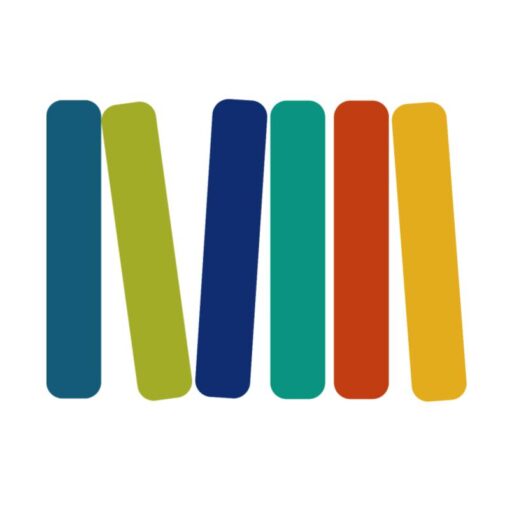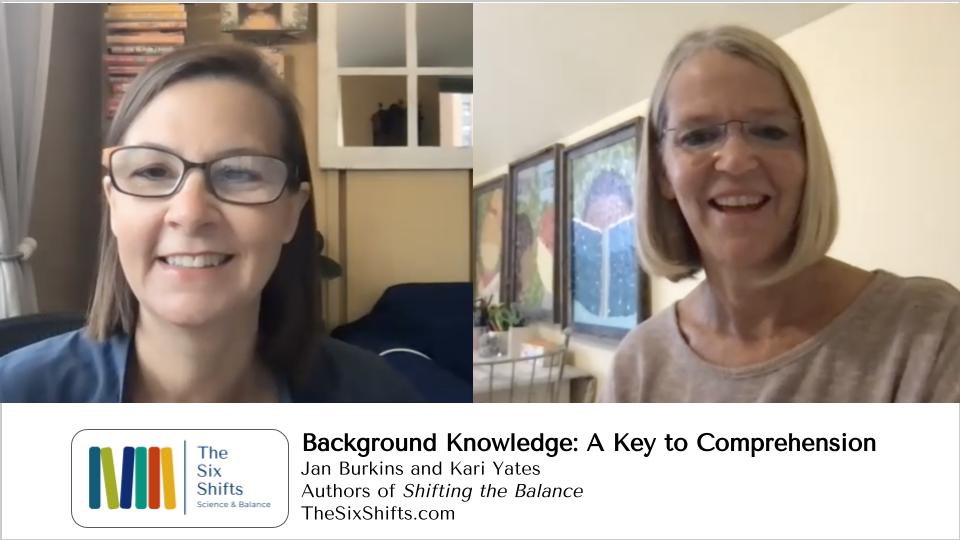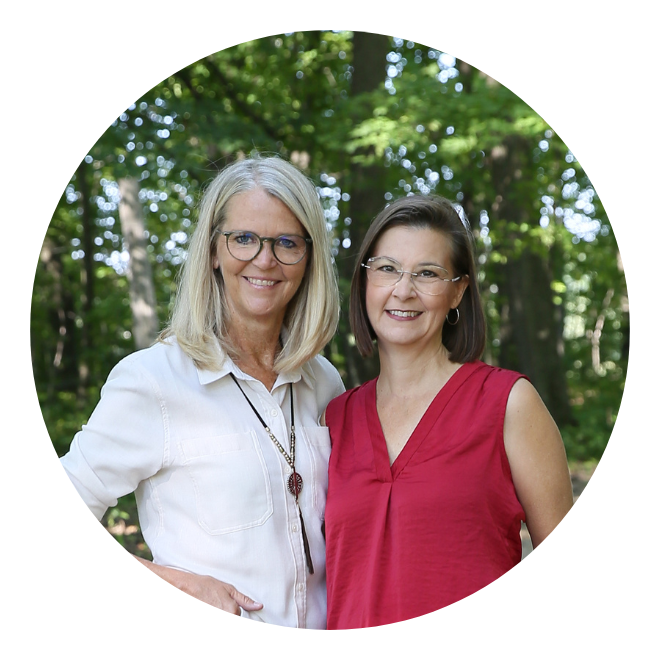All children love to become experts!
Whether learning about ancient Egypt in order to understand the latest Rick Riordon title or building knowledge about the spread of germs in a global pandemic, knowledge building is a critical aspect of reading comprehension.
In this video, we reflect on the power of background knowledge and vocabulary to boost future reading comprehension.
We’ve long known about the role of background knowledge in reading comprehension. Still, too often knowledge building has been asked to take a back seat in our elementary classrooms, where reading strategy instruction is often the primary focus.When strategy instruction may not be the answer.
More comprehension strategies may not be the answer.
It seems when kids struggle to comprehend content, our solution is often to offer more reading strategy instruction. Unfortunately, this often doesn’t solve the problem. While it’s true that a few critical reading strategies – like rereading – are needed by every reader. But children who don’t have enough background knowledge about the content to comprehend well, likely don’t need more strategies. Instead, it may be that what they need is to increase their stores of vocabulary and background knowledge.
In fact, in their classic study, Recht and Leslie (1988) assembled two groups of children. One group was proficient readers who knew pretty much nothing about baseball. The other group was a group of challenged readers who knew a lot about baseball. Then the researchers asked both groups of children to read a passage about baseball and answer some questions.
Guess what they found?
The less-skilled readers who knew all about baseball actually outperformed the more proficient readers who knew little about baseball. And not only did they score higher on comprehension measures, but they were also better at identifying the important ideas in the text and including those ideas in summaries. Basically, the children who knew a lot about baseball were able to leverage their baseball expertise to unlock the text, even though they were not super skilled readers.
Expertise is power.
Children need opportunities to become experts. They need chances to developing deep understandings of things in this world and how they work. Kids need space to fall in love with a topic and discover the power of creating deep knowledge about it. And whether related to their own interests or to grade level content, expertise is power.
The good news is that this knowledge building work can be super fun for kids (and teachers)! And there are many simple entry points.
You can build children’s background knowledge through
- read aloud with information texts,
- embedding rich content area vocabulary in conversation
- building text sets that focus on science and special studies topics,
- creating opportunities for virtual and in-person field trips,
- using of diverse media resources, and
- staying attuned to the interests of the children around you.
Whether baseball, ancient Egypt, or learning about the spread of germs in a global pandemic, an investment in knowledge building today is an investment in reading comprehension tomorrow.
What are the children around you curious to become more expert about?
Do you want to learn more about the connection between background knowledge, vocabulary, and reading comprehension? That’s the focus of Chapter 1 in our book, Shifting the Balance and Module 1 in Shifting the Balance: The Online Class.



